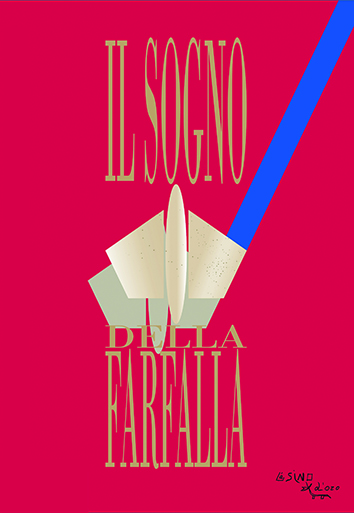The female image and the poet’s fancy. A research into Shakespeare’s characters
Abstract
In many of his works, Shakespeare describes and goes deeply into his characters’ inner states of mind including mental illness. His ability seems to stem from his imagination because it goes beyond the historical and social features narrated by his historical sources. Moreover, considering that Massimo Fagioli has often referred to Shakespeare to study human nature, we examined Shakespeare’s works focusing particularly on the female image. The female image has the special meaning of representing the world of sensitivity, affections, creativity: the irrational human world that Fagioli calls “thought without consciousness”. Remarkably, Shakespeare is able to create different kinds of women which have different stories. Far from the female characters described by other poets, the female images created by Shakespeare do not appear either stereotyped nor influenced by religious and philosophical clichès of his century. For the purpose of this research we have considered Lady Macbeth as an example of a woman who completely lost the characteristics of the female nature. Then we observe some characters like Cleopatra, Lady Anne, Kate “the shrew”, Miranda and Portia. They seem to be women trying to achieve their identity and also looking for a male image. Finally, his descriptions of the characters’ inner dimension should be connected to his talent to represent the female reality and could disclose some aspects of the male-female relationship, particularly between the artist and the “different human being”.


